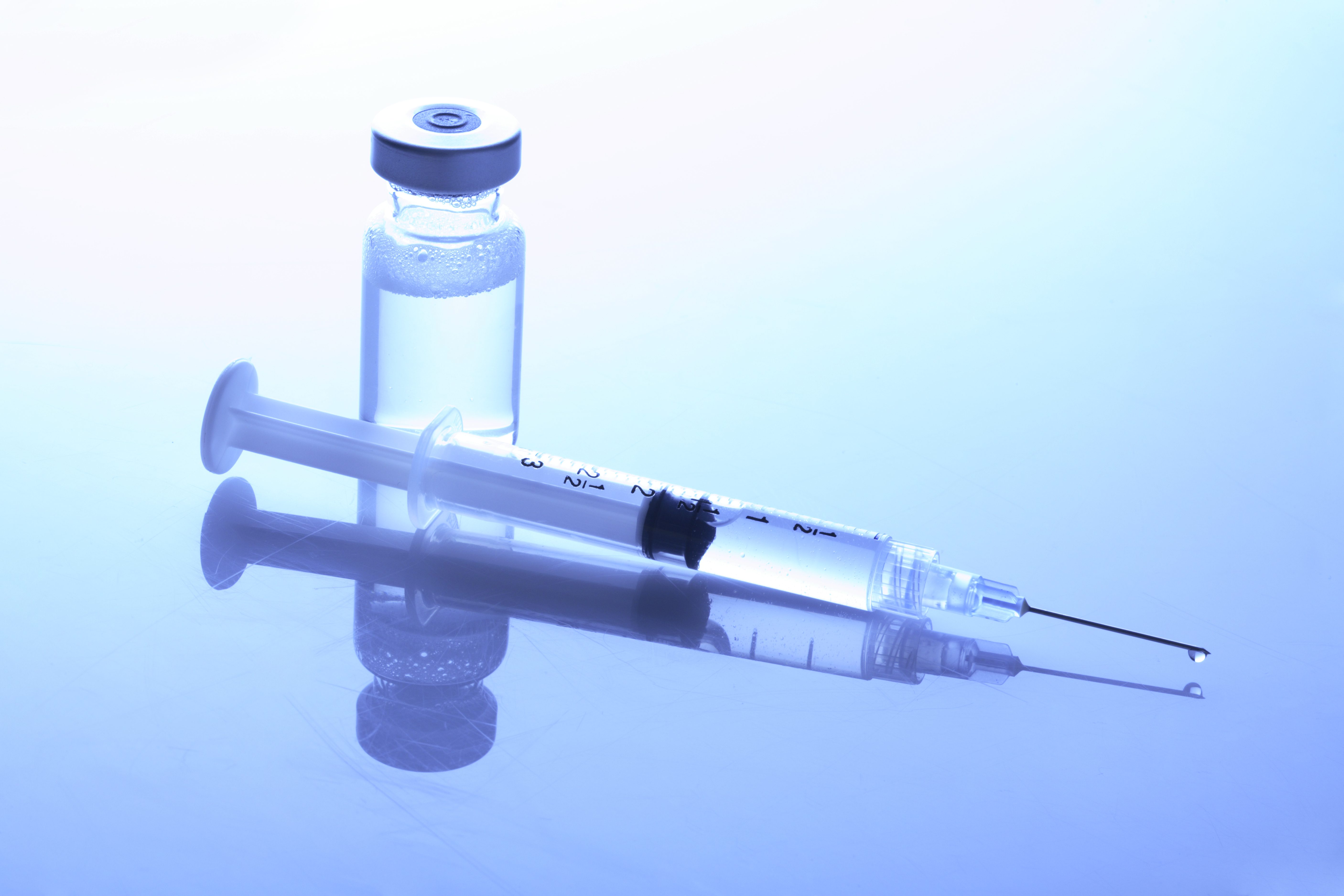 The U.S. Food and Drug Administration recently approved the medication nivolumab (Opdivo; Bristol-Myers Squibb Company) as a therapy for patients with metastatic squamous non-small cell lung cancer (NSCLC) with progression on or after chemotherapy treatment.
The U.S. Food and Drug Administration recently approved the medication nivolumab (Opdivo; Bristol-Myers Squibb Company) as a therapy for patients with metastatic squamous non-small cell lung cancer (NSCLC) with progression on or after chemotherapy treatment.
NSCLC is the most common type of lung cancer, accounting for around 85% of all lung cancers. NSCLCs are known to be relatively insensitive to chemotherapy.
Nivolumab corresponds to a monoclonal antibody that recognizes and binds to the programmed death 1 (PD-1) receptor, which is thought to be involved in suppressing the immune system in particular situations, such as pregnancy or autoimmune diseases. By blocking the PD-1 cellular pathway, the immune response in no longer inhibited and consequently, anti-tumor immune responses can be developed. Nivolumab has been approved in December 2014 for the treatment of unresectable or metastatic melanoma.
The FDA approval was based on results from a randomized, open-label clinical trial in 272 patients with metastatic squamous NSCLC, who have had disease progression during or after one prior platinum-based chemotherapy regimen (generally used against advanced, metastatic forms of cancer). Patients received either nivolumab (n=135) at 3 mg/kg intravenously every 2 weeks, or docetaxel (n=137; an effective chemotherapeutic drug) 75 mg/m2 intravenously every 3 weeks. Researchers found that patients under nivolumab or docetaxel had superior overall survival (OS), with a higher median OS of 9.2 months for patients under nivolumab treatment in comparison to a median OS of 6 months for patients under docetaxel.
[adrotate group=”3″]
These results were supported by an additional trial also based in patients with metastatic squamous NSCLC and disease progression after receiving a platinum-based therapy. 117 patients received nivolumab, at 3 mg/kg intravenously every 2 weeks, and the main efficacy outcome measure was confirmed objective response rate (ORR). An ORR of 15% was obtained in this trial, which means 15% of the patients had a reduction in cancer burden.
The most common adverse reactions reported in patients under nivolumab treatment were musculoskeletal pain, fatigue, decreased appetite, dyspnea and cough. In terms of immune-mediated adverse reactions, colitis, nephritis/renal dysfunction, hepatitis, pneumonitis, hyperthyroidism and hypothyroidism were reported.
Nivolumab was approved by the FDA as an intravenous infusion at a dose of 3mg/kg administered over 60 minutes every 2 weeks.

